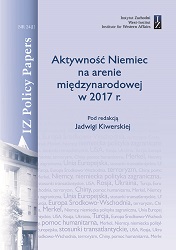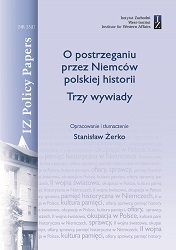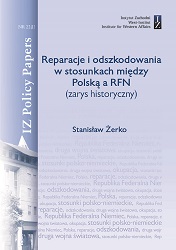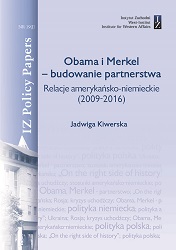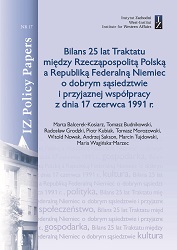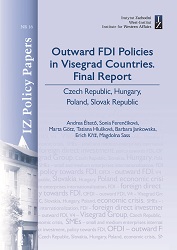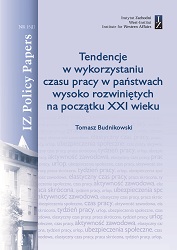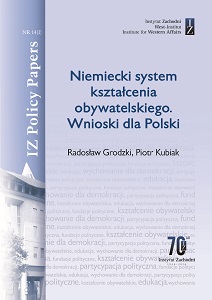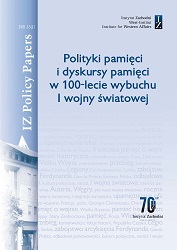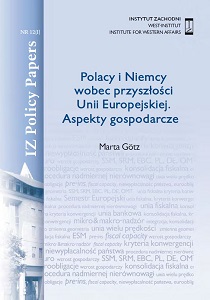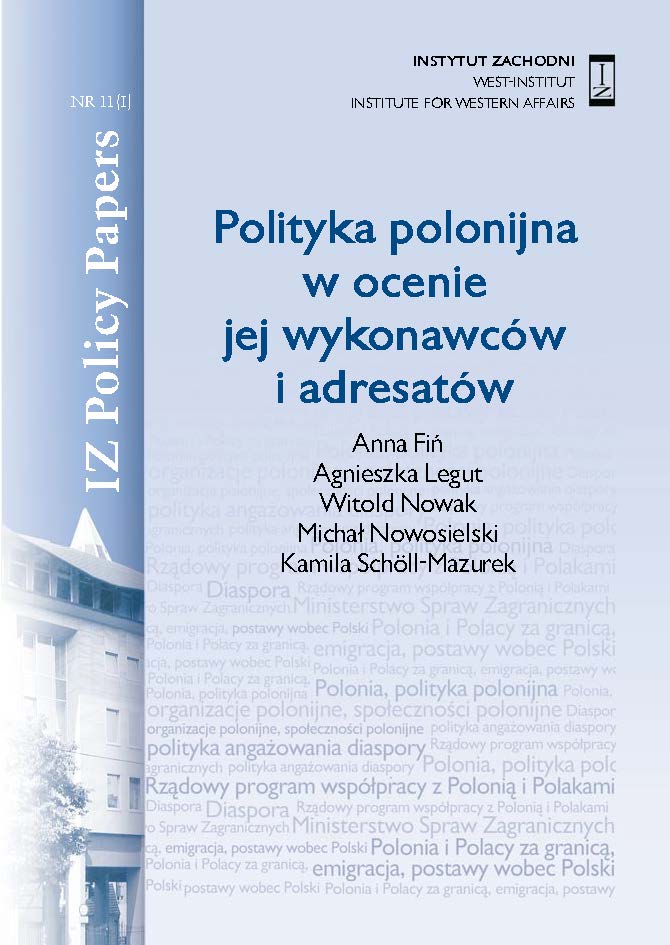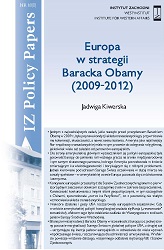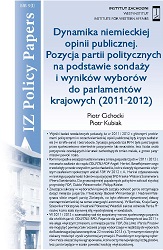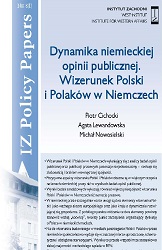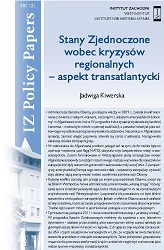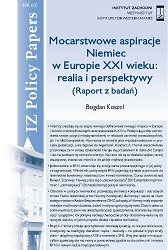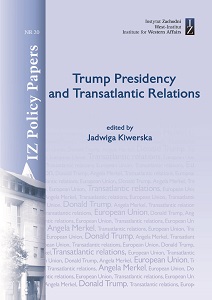
Trump Presidency and Transatlantic Relations
Trump Presidency and Transatlantic Relations
Keywords: Trump; USA; president; transatlantic realtions
The key question that arose following the election victory of Donald Trump concerned the future of US-European relations. Would the opinion that NATO was “obsolete” and art. 5 of the Washington Treaty on collective defense did not necessarily have to apply unconditionally, remain pure electoral rhetoric or would it set a new course for the Trump administration’s relations with Europe? Would the treatment of the European Union not as a big achievement of the Old World but as a hostile competitor of the United States define Trump’s approach to the European integration process? Will Washington’s prior commitments to Europe continue to be respected? // Another unknown was the approach to the new Washington administration that the European allies of the United States would adopt. Could they convince President Trump about the significance of the Transatlantic Alliance and its main pillar: NATO? Would the new administration and Brussels be able to establish good mutually-beneficial relations? // The above questions stand at the core of the analysis presented in this material. The authors attempted to describe Trump’s first six months in office and outline the key steps taken by the new administration towards Europe. Emphasis was placed on security and defense, associated primarily with NATO, as well as Russia and political and economic relations with the European Union. An additional topic was the fight against terrorism, which inevitably accompanies transatlantic relations.
More...
